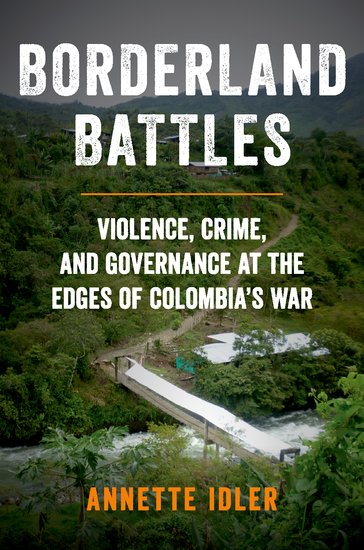Dr Rob Johnson’s latest book is now available to purchase.
The Great War in the Middle East: A Clash of Empires
Edited by Robert Johnson and James E Kitchen
Published: Routledge, February 2019
Traditionally, in general studies of the First World War, the Middle East is an arena of combat that has been portrayed in romanticised terms, in stark contrast to the mud, blood, and presumed futility of the Western Front. Battles fought in Egypt, Palestine, Mesopotamia, and Arabia offered a different narrative on the Great War, one in which the agency of individual figures was less neutered by heavy artillery.
As with the historiography of the Western Front, which has been the focus of sustained inquiry since the mid-1960s, such assumptions about the Middle East have come under revision in the last two decades – a reflection of an emerging ‘global turn’ in the history of the First World War. The ‘sideshow’ theatres of the Great War – Africa, the Middle East, Eastern Europe, and the Pacific – have come under much greater scrutiny from historians.
The fifteen chapters in this volume cover a broad range of perspectives on the First World War in the Middle East, from strategic planning issues wrestled with by statesmen through to the experience of religious communities trying to survive in war zones. The chapter authors look at their specific topics through a global lens, relating their areas of research to wider arguments on the history of the First World War.






